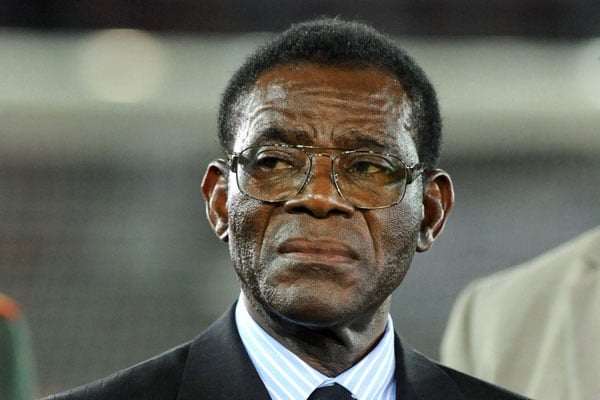On Sunday, a referendum was held to extend President Teodoro Obiang of Equatorial Guinea’s 43-year reign over a small, autocratic African nation whose once-abundant oil wealth is rapidly dwindling. Obiang is the world’s longest-serving president.
“What you plant is what you get,” Obiang, 80, who has consistently won more than 90% of the vote in elections held over the course of five terms since seizing power from his uncle in a coup in 1979, said.
Two opposition candidates are running: Buenaventura Monsuy Asumu, who has previously run in five elections, and Andrés Esono Ondo, who is running for the first time.
He claimed that while there was some semblance of fair voting in the island capital of Malabo, his party had evidence that officials elsewhere were casting ballots on voters’ behalf or forcing them to vote for the ruling party.
The government and election directors in Equatorial Guinea could not be reached for comment.
“The closure of the borders, as well as the harassment and arrests of opposition supporters, have been paving the way for the extension of Obiang’s 43-year rule,” said Maja Bovcon, a senior Africa analyst at risk intelligence firm Verisk Maplecroft.
The US and the European Union have called for a free and fair election, while also expressing concern about reports of harassment and intimidation of opposition and civil society groups. The accusations were dismissed by the government as interference in its electoral process.
Obiang stated at the end of his campaign on Friday that the economic crisis prompted him to choose to move the presidential election forward by many months and hold it concurrently with the legislature and municipal elections in order to save money.
Oil and gas extraction accounts for approximately 75% of the country’s revenue. However, as oil fields age, output has dropped in recent years to around 93,000 barrels per day (bpd), down from around 160,000 bpd in 2015.

